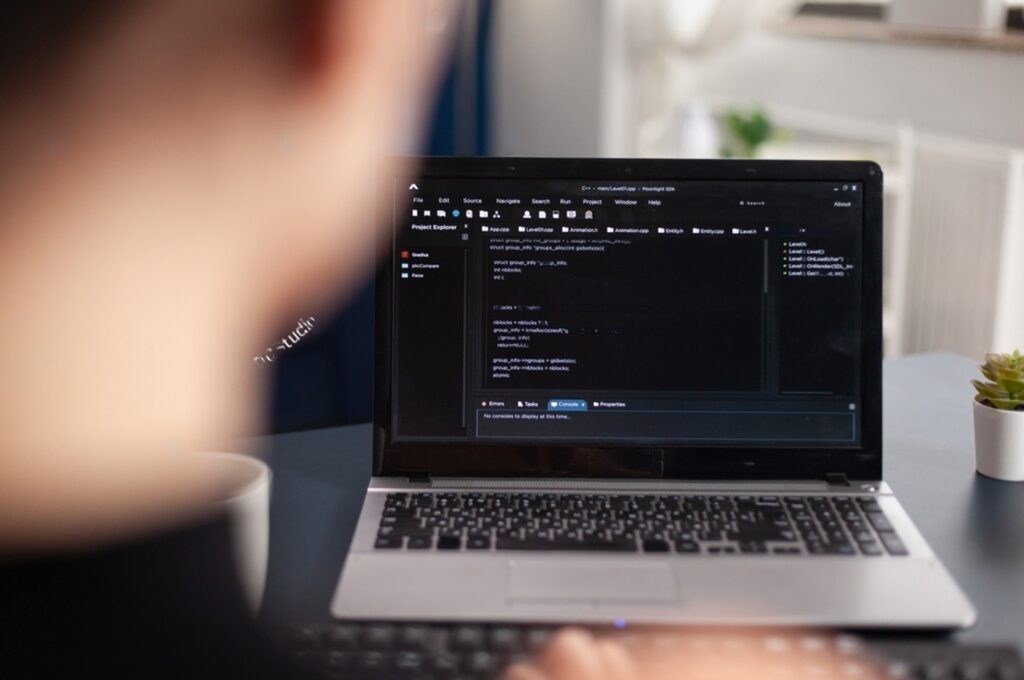Understanding the Role of a Special Education Coach
A Special Education Coach plays a pivotal role in the educational journey of students with diverse learning needs. They are highly trained professionals who provide targeted support to ensure that each student receives an education tailored to their abilities and challenges. Unlike traditional educators, special education coaches focus on individualized strategies that address specific learning disabilities, behavioural challenges, and developmental delays. Their role extends beyond the classroom, often collaborating closely with teachers, parents, and other educational specialists to create comprehensive plans that foster academic growth and personal development.
Qualities of an Effective Special Education Coach include a profound sense of empathy and understanding. They must possess a deep knowledge of special education practices, including the implementation of Individualized Education Plans (IEPs) that outline specific goals and accommodations for each student. Effective communication skills are also crucial, as they facilitate partnerships with parents and educators, ensuring that everyone involved in a student’s education is aligned and informed. Moreover, a special education coach must be adept at problem-solving and adapting instructional methods to meet the unique needs of their students.
Techniques and Strategies Used by Special Education Coaches
Special Education Coaches employ a variety of Techniques and Strategies to support their students effectively. Central to their approach is the development and implementation of Individualized Education Plans (IEPs). These plans are tailored to each student’s specific learning goals, accommodations, and support services required to succeed in the classroom. Additionally, Behavioural Interventions and Support are key strategies used by coaches to address challenging behaviours and promote positive social interactions among students.
The use of Assistive Technologies and Resources also plays a crucial role in special education coaching. These tools range from simple aids like visual schedules and graphic organisers to more complex technologies such as speech-to-text software and adaptive learning platforms. By integrating these resources into daily instruction, coaches empower students to overcome barriers and actively participate in their own learning. Through these varied strategies, special education coaches create inclusive learning environments where every student has the opportunity to thrive academically and socially.
Challenges Faced by Special Education Coaches
Despite their crucial role, Special Education Coaches encounter several Challenges in their daily work. One significant challenge is the need to address the Diverse Learning Needs of students with various disabilities and learning differences. This requires a deep understanding of each student’s strengths and challenges, as well as the ability to differentiate instruction effectively. Moreover, Collaborating with Teachers and Parents can be complex, as it involves aligning goals, strategies, and expectations across multiple stakeholders.
Navigating Legal and Ethical Issues is another challenge faced by special education coaches. They must stay informed about special education laws and regulations to ensure compliance and advocate effectively for their students’ rights. Ethical considerations, such as maintaining confidentiality and respecting cultural diversity, also play a critical role in their practice. Despite these challenges, special education coaches are dedicated professionals who are committed to improving outcomes for students with disabilities and ensuring they receive the support they need to succeed.
Impact of Special Education Coaching on Students
The Impact of Special Education Coaching on Students is profound and multifaceted. Academic Progress and Achievement are primary areas of focus, as coaches work tirelessly to close learning gaps and facilitate skill development. By implementing evidence-based practices and personalised interventions, they help students achieve academic milestones that may have once seemed out of reach. Moreover, the Social and Emotional Development of students is nurtured through targeted support and inclusive classroom practices.
Beyond immediate outcomes, the Long-term Benefits of special education coaching are significant. Students develop self-advocacy skills and confidence in their abilities, which are essential for lifelong learning and independence. They also gain access to a supportive network of educators, peers, and community resources that continue to promote their growth beyond the school environment. By fostering a positive learning experience, special education coaches empower students to contribute meaningfully to society and achieve their full potential.
Training and Education Requirements for Special Education Coaches
Becoming a Special Education Coach requires a combination of Certifications, Qualifications, and Continuous Professional Development. At a minimum, coaches typically hold a bachelor’s degree in special education or a related field, which provides foundational knowledge in disability studies, instructional strategies, and assessment techniques. Many states or countries also require specific certifications or licensures to practice as a special education coach, ensuring that professionals meet established standards of competency and ethical conduct.
Continuous Professional Development is essential for special education coaches to stay abreast of emerging trends, research-based practices, and legal updates within the field. Professional development opportunities may include workshops, conferences, online courses, and peer collaboration groups. Specialised Areas of Study, such as autism spectrum disorders or emotional and behavioural disorders, allow coaches to deepen their expertise and tailor their practice to meet the unique needs of diverse student populations.
The Future of Special Education Coaching
Looking ahead, the Future of Special Education Coaching is shaped by evolving Trends in Inclusive Education and technological advancements. Inclusive education emphasises the importance of educating students with disabilities in general education settings whenever possible, promoting social inclusion and equitable access to learning opportunities. Technological Advancements in Special Needs Support offer new tools and resources that enhance personalised learning experiences, from virtual reality simulations to data-driven instructional strategies.
Advocacy and Policy Changes also play a crucial role in shaping the future landscape of special education coaching. Advocates continue to push for policy reforms that strengthen funding, support teacher training, and improve access to assistive technologies. By advocating for systemic changes, special education coaches contribute to a more inclusive educational system that meets the diverse needs of all learners. As the field continues to evolve, the role of special education coaches remains essential in ensuring that every student receives a high-quality education that prepares them for success in school and beyond.









